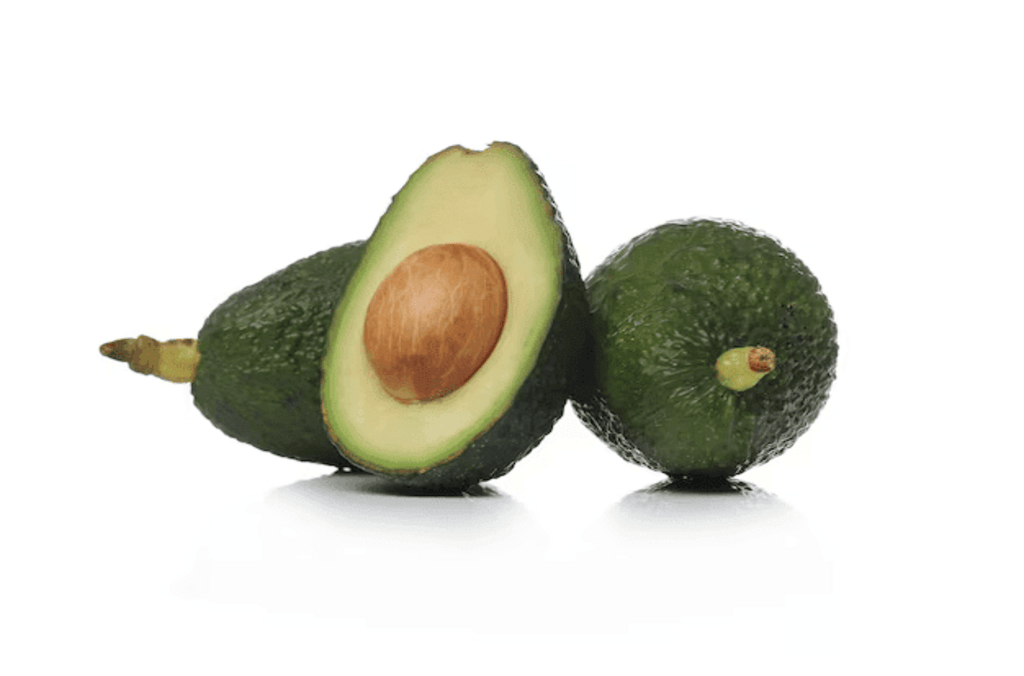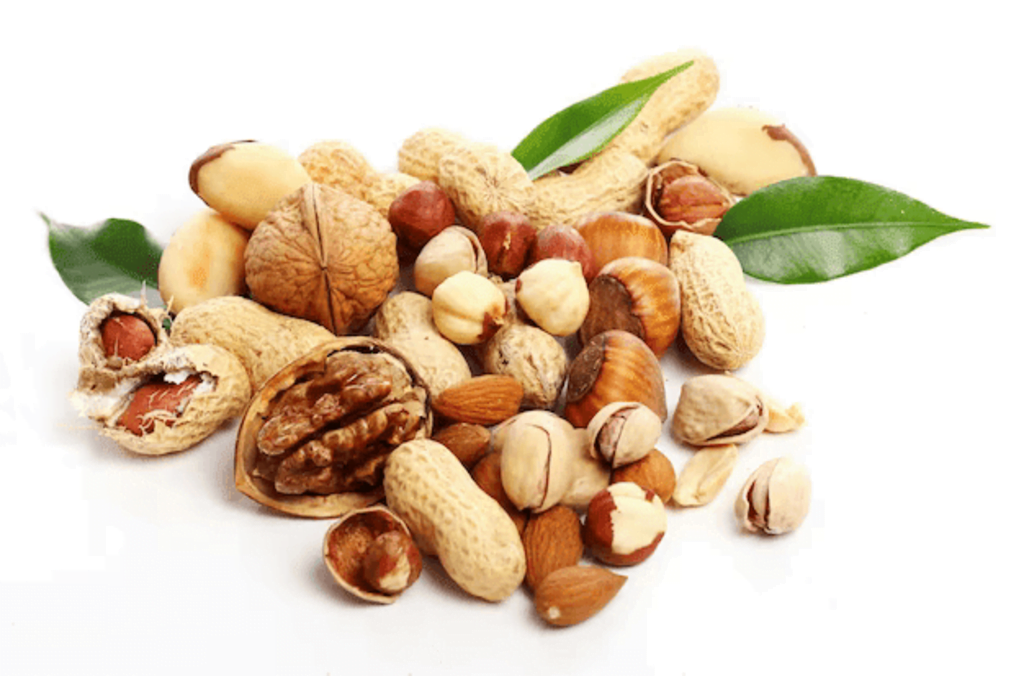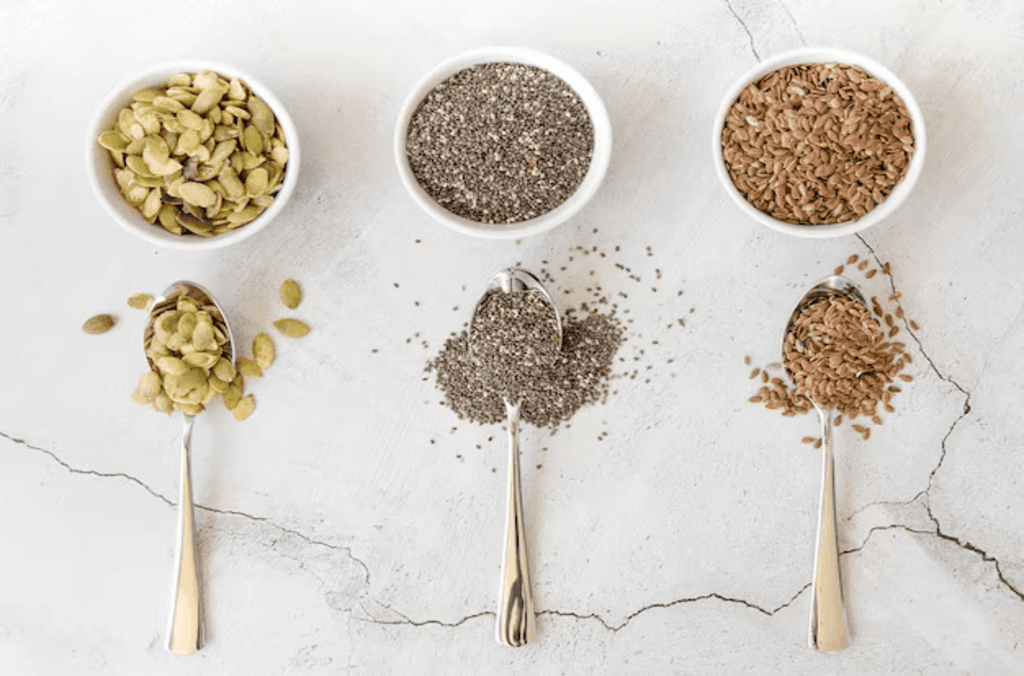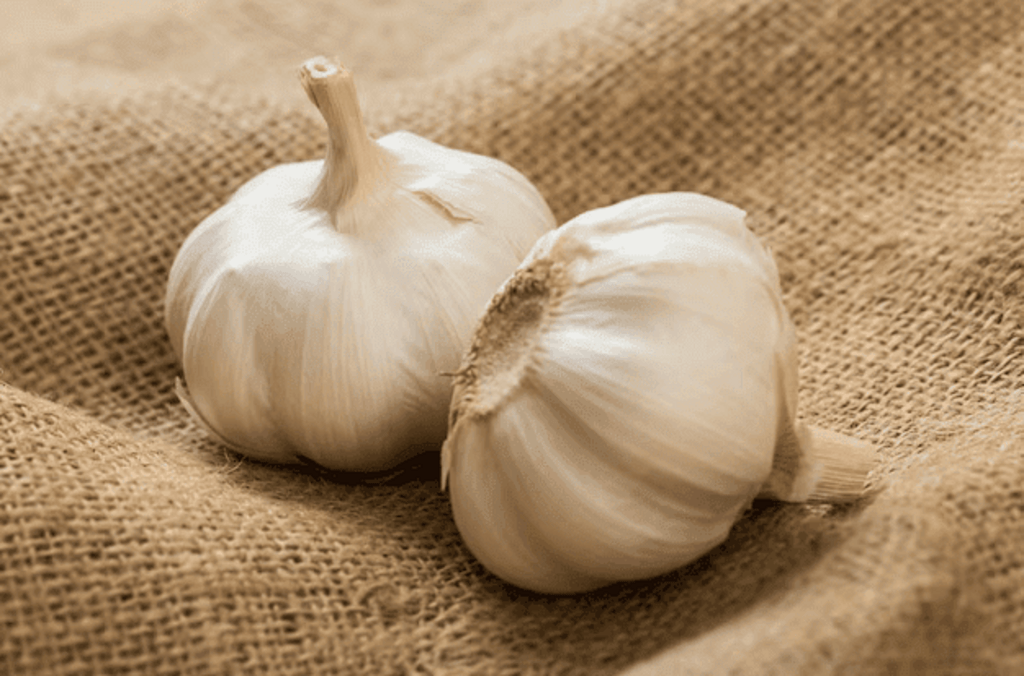Introduction
Our hearts work tirelessly every day to pump blood and oxygen throughout our bodies, making it vital to take care of this essential organ. While exercise plays a significant role, a healthy diet is equally important in maintaining heart health. In this article, we explore the top 10 foods for a healthy heart, allowing you to make informed choices about your diet.
1. Fatty Fish

Fatty fish such as salmon, mackerel, and sardines are excellent sources of omega-3 fatty acids, which are beneficial
for heart health. Omega-3s help reduce inflammation, lower triglyceride levels, and decrease the risk of heart disease. Including fatty fish in your diet a few times a week can have significant long-term benefits for your heart.
2. Berries

Berries like strawberries, blueberries, and raspberries are not only delicious; they are packed with antioxidants. These antioxidants help neutralize harmful free radicals and reduce oxidative stress, lowering blood pressure and LDL cholesterol levels. Add a handful of berries to your morning cereal or snack on them for a heart-healthy treat.
3. Leafy Green Vegetables

Leafy green vegetables such as spinach, kale, and Swiss chard are rich in vitamins, minerals, and antioxidants. These greens are low in calories and high in fiber, helping to reduce the risk of heart disease. The high magnesium content in leafy greens also contributes to healthy blood pressure levels.
4. Whole Grains

Incorporating whole grains into your diet provides a good dose of dietary fiber, which has numerous heart health benefits. The fiber in whole grains helps lower cholesterol, reduce the risk of heart disease, and prevent stroke. Opt for whole grain options like brown rice, whole wheat bread, and oatmeal to reap these benefits.
5. Avocados

Creamy and delicious, avocados are rich in healthy monounsaturated fats, which help lower bad LDL cholesterol levels while increasing good HDL cholesterol. Additionally, avocados are a good source of potassium, a nutrient that supports heart health by regulating blood pressure levels.
6. Nuts

Nuts such as almonds, walnuts, and pistachios are packed with unsaturated fats, fiber, and various minerals. Including a handful of nuts in your daily routine can help lower cholesterol levels and reduce inflammation, benefiting your heart. Just remember to choose unsalted varieties to avoid excess sodium intake.
7. Seeds

8. Dark Chocolate

9. Legumes

Legumes such as lentils, chickpeas, and black beans are affordable and highly nutritious. They are packed with fiber,
protein, vitamins, and minerals. Consuming legumes regularly can help lower LDL cholesterol levels, improve heart health, and maintain a healthy weight. Experiment with different legume-based dishes, and your heart will thank you.
10. Garlic

For centuries, garlic has been known for its medicinal properties, and it also holds cardiovascular benefits. Garlic contains a compound called allicin, which has been shown to reduce cholesterol levels and lower blood pressure. Including garlic in your cooking is not only flavorful but also great for your heart.
Conclusion: Top 10 Foods for a Healthy Heart
When it comes to a healthy heart, the foods you choose to put on your plate can make a significant impact. By incorporating these top 10 heart-healthy foods into your diet, you can provide your body with the essential nutrients it needs to maintain heart health. Remember, a balanced diet in conjunction with regular exercise and a healthy lifestyle can go a long way in protecting your heart for years to come.
FAQs
1: Can I eat these foods if I have an existing heart condition?
Absolutely! These heart-healthy foods can be part of a balanced diet for individuals with existing heart conditions. However, if you have specific dietary restrictions or are on medication, consulting with a healthcare professional is advisable.
2: How much of these foods should I consume daily for heart
health?
It’s recommended to include a variety of these heart-healthy foods in your diet each week rather than focusing solely on one. Aim to have fatty fish at least twice a week, and include moderate portions of the other foods regularly.
3: Are there any side effects of consuming heart-healthy foods?
In general, these heart-healthy foods are well-tolerated. However, individual sensitivities or allergies may vary. It’s always a good idea to monitor your body’s response and consult a healthcare professional if you experience any adverse effects.
4: Can supplements be used as alternatives to these foods?
While supplements can provide certain nutrients, they do not offer the same synergistic effect and overall health benefits as whole foods. It’s recommended to obtain nutrients from a balanced diet and consider supplements only under the guidance of a healthcare professional.
5: Can I achieve a healthy heart solely through diet?
Diet plays a crucial role in maintaining heart health, but it should be complemented with regular exercise, stress management, and other healthy lifestyle practices. A holistic approach is important in taking care of your heart and
overall well-being.



